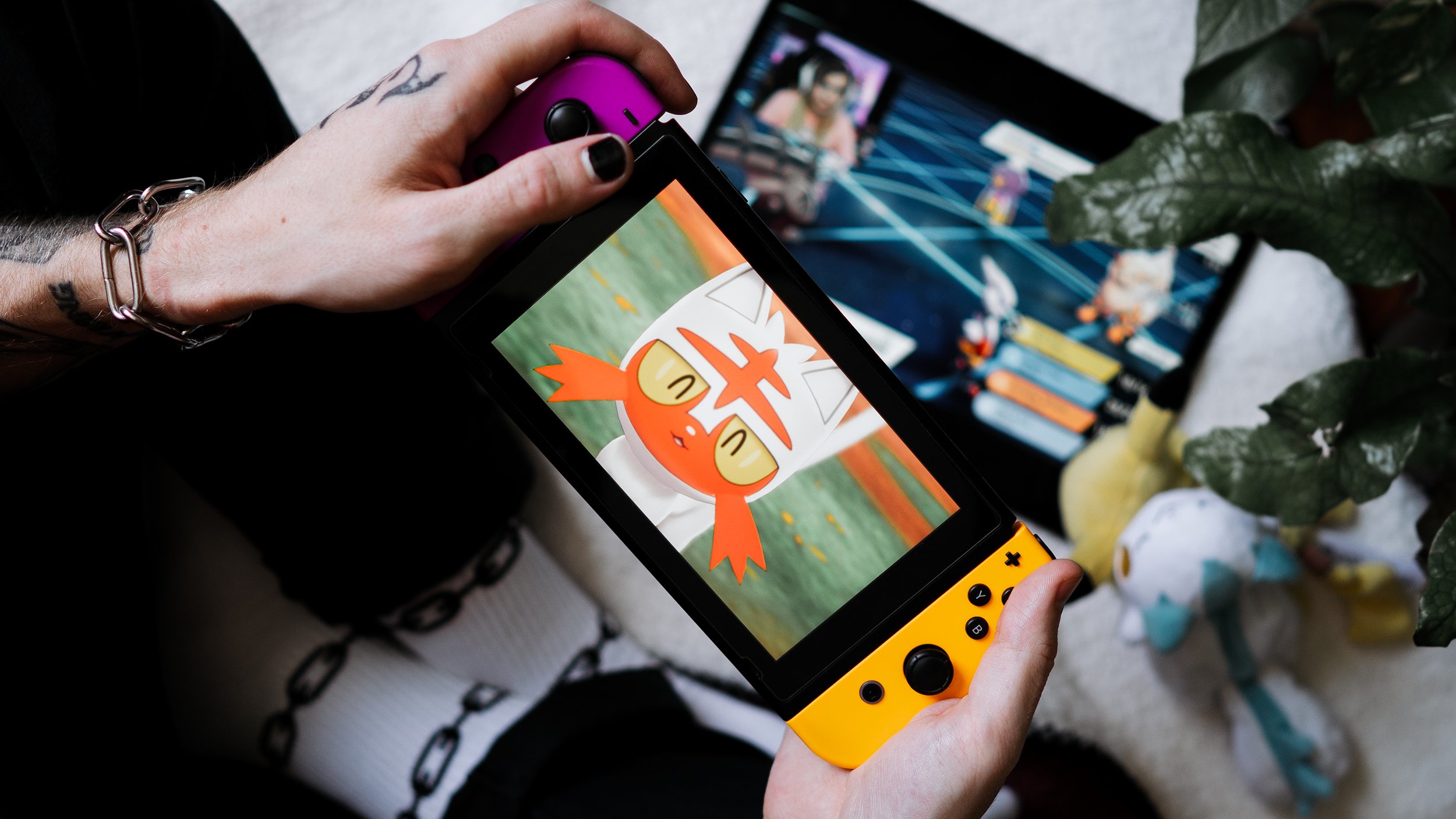
Context
5min 33sec read
Written by Aaron Traylor
Introduction / Foundational Concepts
“Is this Pokémon good?” “How should I train my Pokémon’s stats to survive attacks?” “Does this Pokémon counter that one?”
These are often good questions, and they can be answered (subjectively, of course). However, when I answer these questions, I never feel like it’s a perfect answer, and I always feel like there’s a certain something that these questions are missing that I can’t impart to the question asker. Here’s why I think I have difficulty answering these questions: competitive Pokémon is all about context, and when the asker and the answerer don’t understand the context in the same way, it can be hard to provide a satisfying and complete answer. Contextual answers are also short-lived-- once the context changes (for example, a new team becomes popular, or the format rotates), the answers change as well.
In this article and the next I’ll talk about the two most important contexts, to give an idea of what I’m thinking about when I hear questions such as the ones above.
The Context of the Pokémon You’ll Face
“Is so-and-so Pokémon good?”
Context in general is most impactful at the teambuilding stage, where you generally want to know the Pokémon that you’re going to fight against. Here’s a broadly general way of defining a good team: a Pokémon team is good if its Pokémon perform well against the opposing Pokémon they will face in battles. On the surface, we haven’t done much by saying this, because of course Pokémon should be able to defeat opposing Pokémon. But when we define strength in this particular way we actually warp what our goals are as players. Pokémon and their strength exist in the context of what every other player is doing-- this you may know as a metagame. If Fire-type Pokémon are on everyone’s minds, and you’re the person who shows up to a tournament with a Water-type Pokémon, you’ll have a much higher percentage chance of winning. You don’t have to do what every player is doing-- in fact, we highly recommend making unique choices-- but if you want to find success, you do have to be loosely aware in general of what other people might be likely to do, and what strength they find in common Pokémon.
How do you go about learning this context? Of course, you’ll want to know the Pokémon that are available in the ruleset. Next, the best way to learn context is through personal experience. Ask yourself-- which Pokémon are you playing against often? How are they being used? What Pokémon do you hear people talking about? This is the base for forming your understanding of the context, which you can use to inform yourself during teambuilding.
Two great resources for quickly understanding teambuilding context are usage statistics, where you can see which Pokémon are used often, and tournament results, where you can see which Pokémon and teams people use to succeed. Tournament result resources can be harder to find, as there isn’t one central location to find the results of every tournament. Furthermore, tournaments can be contextual in their own way-- a team that succeeds at a small 8-person tournament will be less impactful overall than a team that wins a large international tournament, or several copies of the same team that place loosely near the top. Keep in mind that these resources are descriptive of the context, not prescriptive. Just because a Pokémon has a high usage rate or is on a tournament-winning team doesn’t mean you have to use it yourself, or even think it’s a good choice-- you are the ultimate decider of your own opinions.
Example
Here’s an example of how I go through tournament results, using the Roanoke Regional Championships Top Cut from May of 2017 ( source ). Although you might not know the full context of the metagame, or why these Pokémon were chosen by these players, you can get a decent (but obviously not perfect) idea of what Pokémon you would have to think about if you were to build a team. There are a couple of things to look out for– first, how similar do teams look? When Pokémon appear often, that means you might have fewer enemy Pokémon to consider during teambuilding. In this case, there are three copies of one team (places 2, 7, and 8), and two others that are similar (3 and 4). Then, check out how often each Pokémon appears in the top cut. In this case, Arcanine is on all eight teams, and Tapu Koko is on five– these and several other repeats frequently. These usage rates are very high, and these Pokémon would be at the front of my mind during teambuilding. After this, I hypothesize why the tournament ended the way it did-- players that placed higher may have made decisions that helped them against the people they faced later in the tournament. For example, Nick’s Tapu Bulu and Clefairy might have given him some help against the teams with Gigalith and Tapu Koko. I don’t have to be right when I do this-- over time, the more that I make hypotheses, and incorporate what I know about the context of the event, the more I develop this skill. Finally, I find as many of the team pastes as I can to give myself full context on the choices made by each of the players.
How fast does the context change (how fast does the metagame shift)?
This question also does not have an easy answer. Sometimes, it takes a while for players in general to figure out how to defeat popular Pokémon and archetypes (such as in the Roanoke example). In this case, the context won't change that quickly. On the other hand, sometimes you'll notice that different teams and Pokémon are succeeding on a weekly basis. This most frequently happens when a new format is released. It's overwhelming to try to make sense of tournament results that change every week. You don’t need to consume every tournament result ever as soon as it happens, or obsess over day-to-day trends on Pokémon Showdown. You also don’t need to change your team every time the metagame changes-- sometimes, knowing and planning for what’s popular is enough. Take your time.
Conclusion
Your job as a Pokémon player is to put your finger on the pulse of context. What Pokémon are popular, and what are their usage statistics like? How are the best players creating teams to take advantage of these trends? The more that you understand about the context, the more you’ll understand about not only your team, but about the fundamentals of success in VGC.


